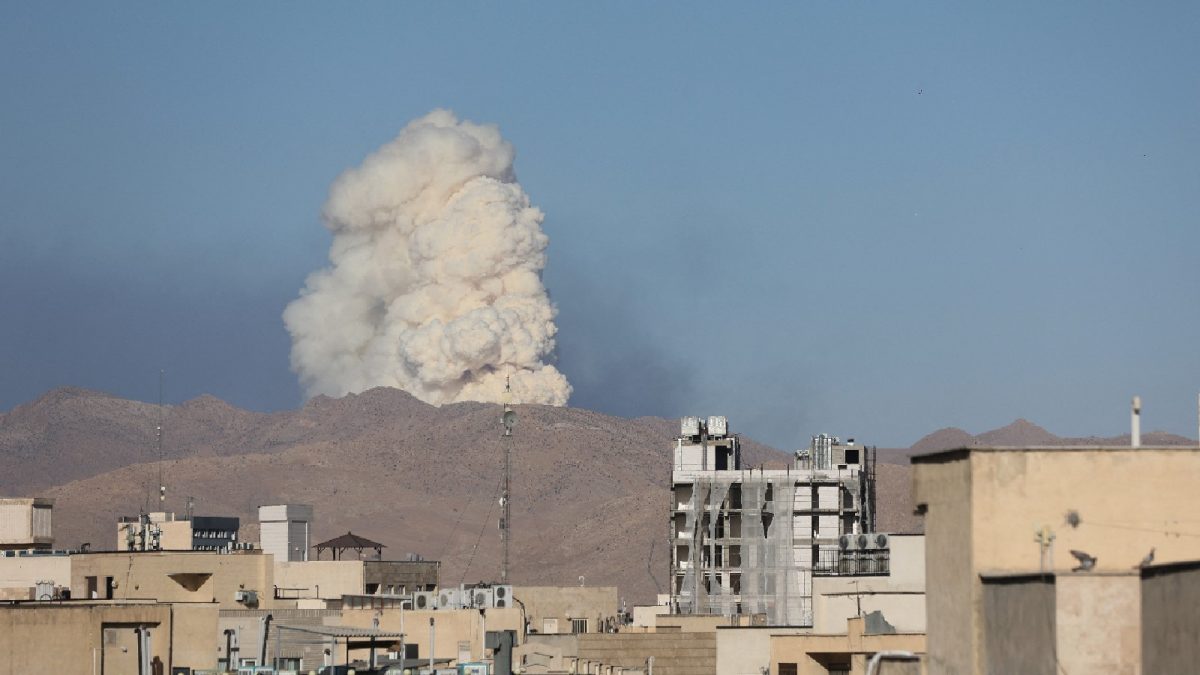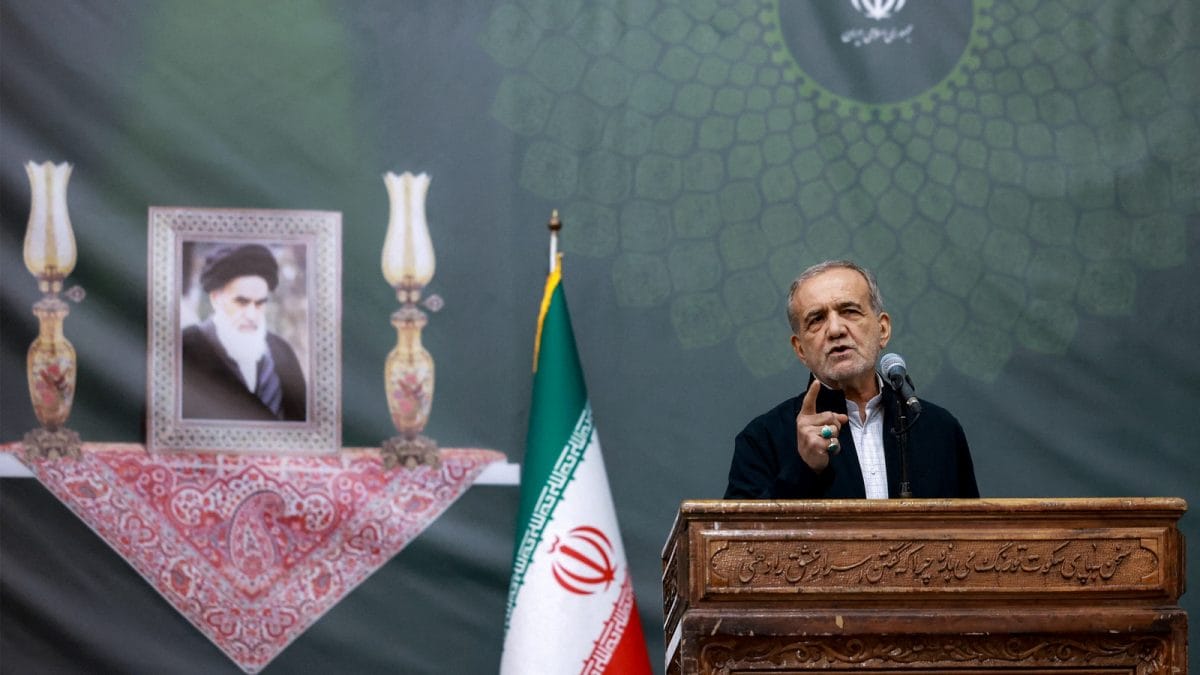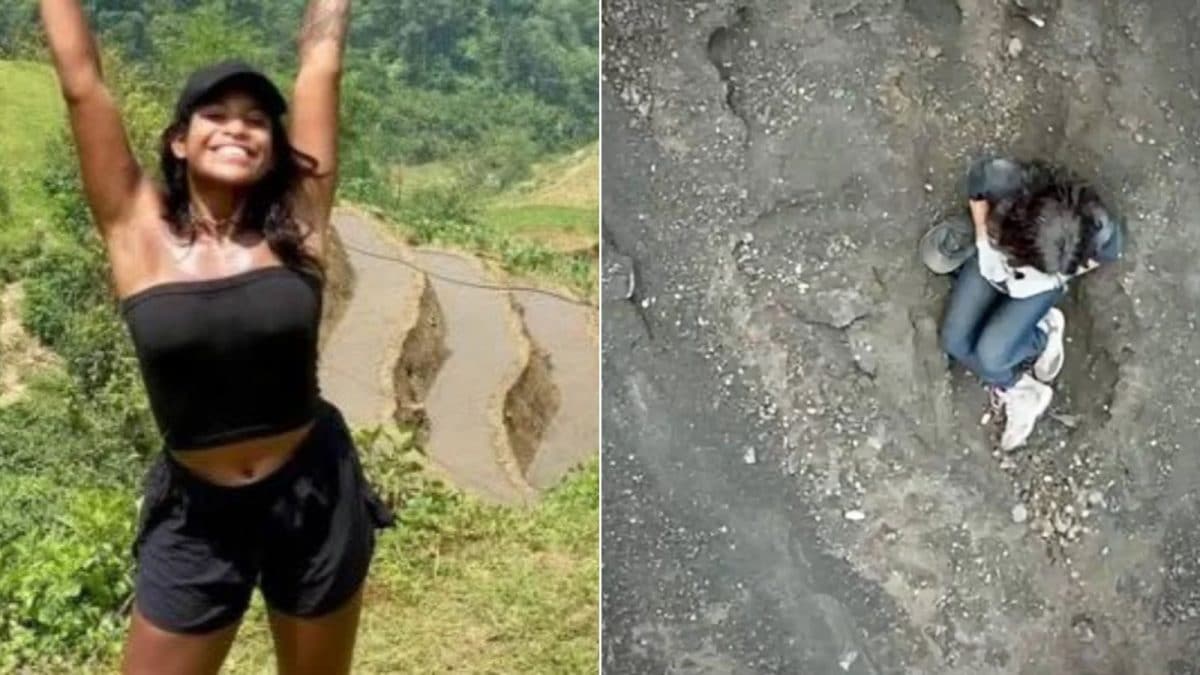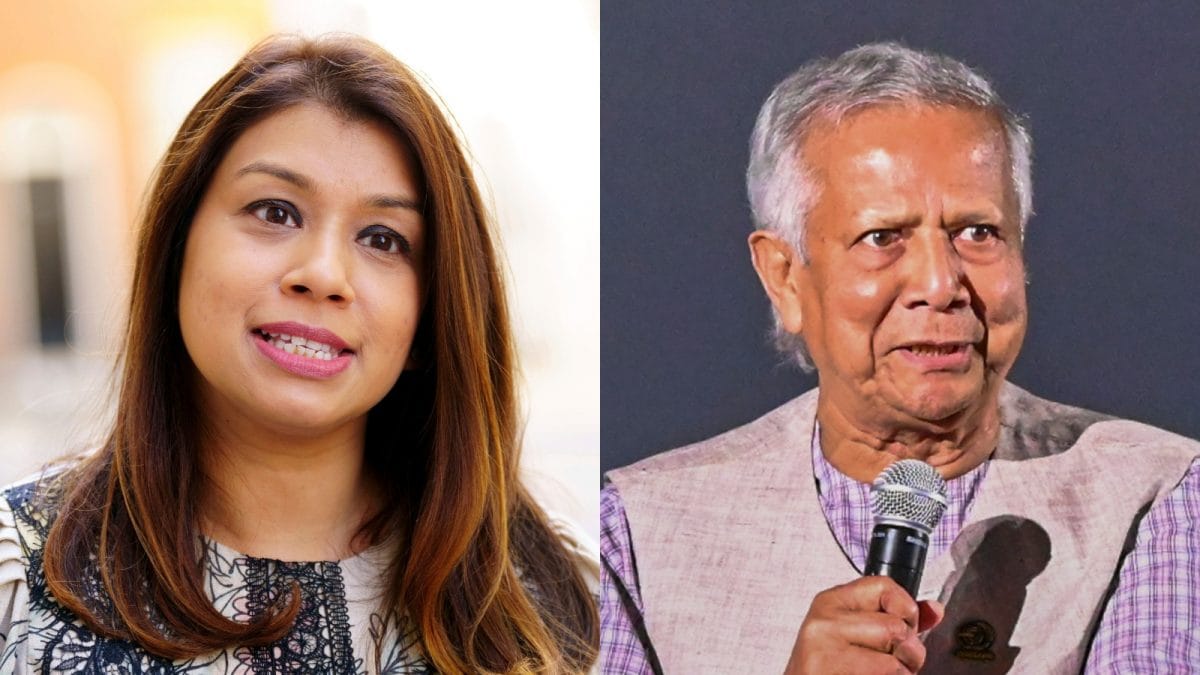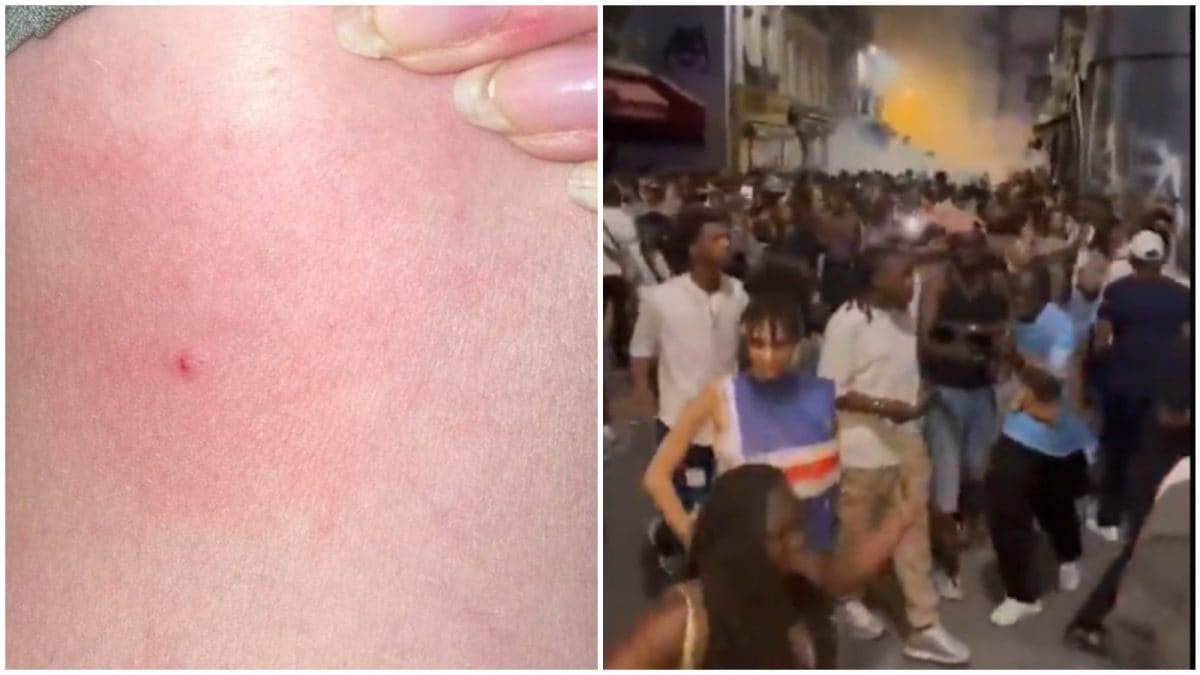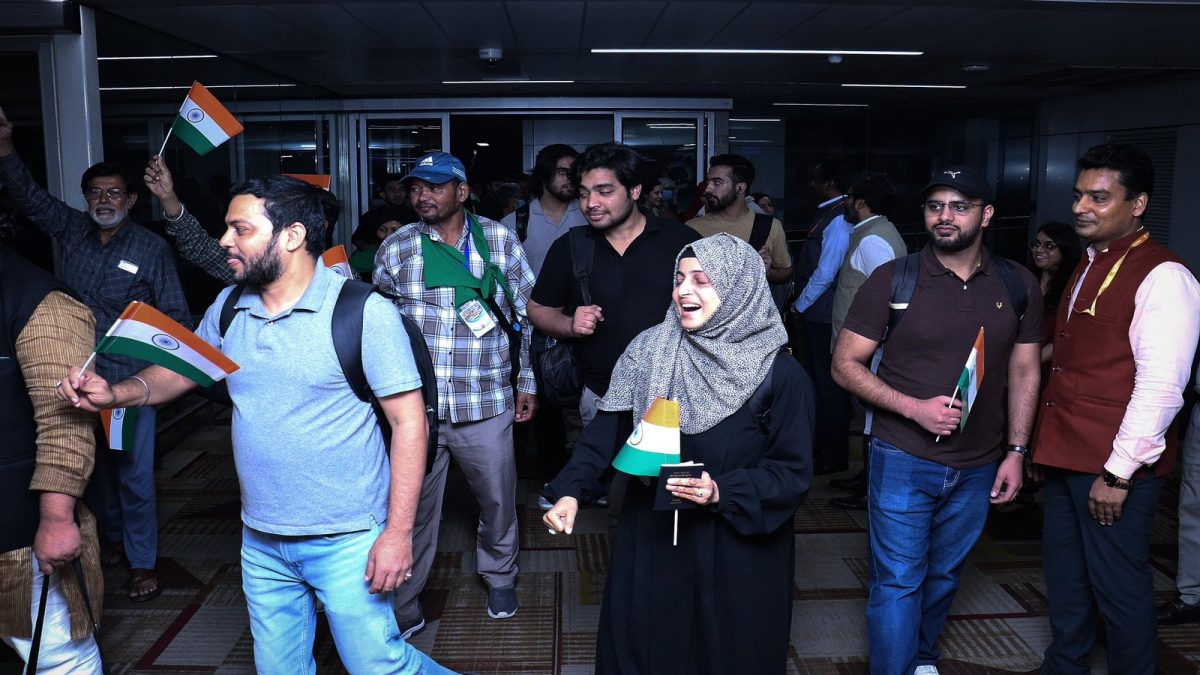Last Updated:June 24, 2025, 17:05 IST
A key figure in the B-2 bomber’s design, Mumbai-born Gowadia was jailed in the US for selling sensitive military technology.

Noshir Gowadia, who helped develop the B-2 stealth system, was later convicted of passing classified data to foreign governments. (IMAGE: @HeytingGentzen/X)
Noshir Sheriarji Gowadia, an India-born engineer who helped develop the stealth propulsion system for the US Air Force’s B-2 Spirit bomber, was sentenced to 32 years in prison for passing classified military information to China and other foreign entities, according to reports by the UK-broadcaster BBC and the US Air Force.
The B-2, recently deployed in Operation Midnight Hammer against Iran, relies on stealth technologies that Gowadia helped design during his two-decade stint at Northrop Grumman, beginning in 1968.
He moved to the United States in 1963 from Mumbai to study aeronautical engineering and became a US citizen in 1969. Gowadia continued to handle sensitive government projects as a contractor until his security clearance was revoked in 1997.
According to the US Air Force’s website, Gowadia travelled to China between 2003 and 2005 and provided critical data to Chinese officials working on cruise missile exhaust systems.
During visits to a Chinese aeronautical testing facility, he advised on heat signature reduction and identified design flaws in their missile systems.
Prosecutors linked his actions to the development of the H-20 stealth bomber, a long-range aircraft first publicly acknowledged by China in 2016, though it is widely known that work on the aircraft began in 2000.
The BBC also reported that Gowadia shared classified information with individuals and entities in Germany, Israel and Switzerland.
This included technical details about the TH-98 Eurocopter, which he disclosed to a foreign government official in Switzerland. He reportedly received around $110,000 (Rs 91 lakh) for his services, money used in part to pay off a mortgage on a luxury home in Maui, Hawaii, a report by Indian broadcaster India Today said.
Gowadia was arrested in 2005. After a five-year prosecution, he was convicted in 2010 on 14 out of 17 federal charges, including espionage, violation of the Arms Export Control Act and other related offences.
According to the India Today report prosecutors said the leaks gave China access to sensitive stealth technologies that threatened US military superiority. Gowadia’s defence argued he had only shared publicly available data and insisted he acted not to harm the United States.
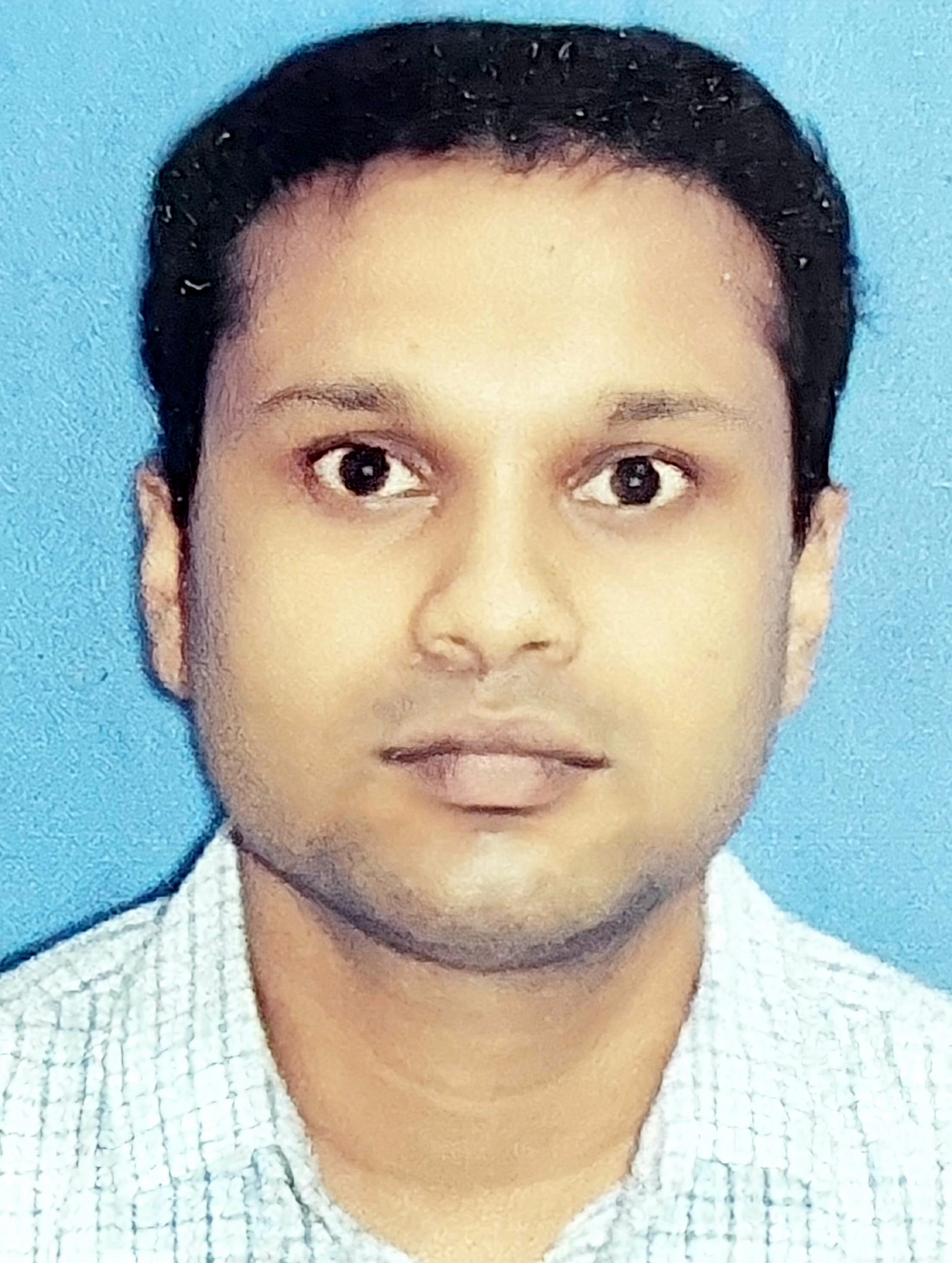
Shankhyaneel Sarkar is a senior subeditor at News18. He covers international affairs, where he focuses on breaking news to in-depth analyses. He has over five years of experience during which he has covered sev...Read More
Shankhyaneel Sarkar is a senior subeditor at News18. He covers international affairs, where he focuses on breaking news to in-depth analyses. He has over five years of experience during which he has covered sev...
Read More
News world This Indian-American Scientist Helped Design B-2 Bomber, Then Sold Stealth Secrets To China

 10 hours ago
10 hours ago





